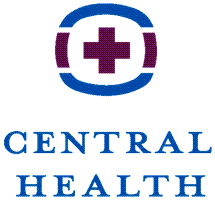Your Guides Through the Medicare Insurance Process
Helping Western Colorado residents navigate Medicare and insurance with clarity, care, and confidence.
Welcome to Mesa Benefits
At Mesa Benefits, we’re your trusted hometown guides through the complexities of Medicare and insurance. As a husband-and-wife team based right here in Western Colorado, Bruce and Stephanie Hagen take pride in helping our neighbors navigate Medicare, life insurance, health insurance, and supplemental insurance with clarity and confidence. We know how overwhelming the process can feel — that’s why we provide honest, straightforward guidance tailored to your unique needs, lifestyle, and budget.
With deep roots in this community and a commitment to integrity and care, we make understanding your insurance options simple, stress-free, and personal — because at Mesa Benefits, you’re more than a client, you’re our community.
Medicare is complex. We can help.
Medicare Advantage
Medicare Advantage, also called Medicare Part C, combines the benefits of Original Medicare (Part A and Part B) into a single plan with additional coverage, like dental, vision, hearing, wellness, and more.
Medicare Supplement
Medicare Supplement, or Medigap, bridges the coverage gap left by Original Medicare (Part A and Part B) and covers costs like deductibles, copayments, and coinsurance.
Prescription Drug Plans (PDP)
Medicare Part D Prescription Drug Plans (PDP) work in tandem with Original Medicare (Part A and Part B) and Medicare Advantage plans to provide prescription drug coverage.
Dental & Vision
Dental and vision plans are additional ancillary products beneficiaries can purchase (as standalone or part of Medicare Advantage) since they are not included in Original Medicare (Part A and Part B) coverage.
Insurance is important...
and we are here to help you protect what matters most.

Whether you are purchasing health insurance on your own for the first time, or planning for your family's future financial security, we have experts ready to help you. Give us a call to discuss your health insurance and life insurance needs.


























